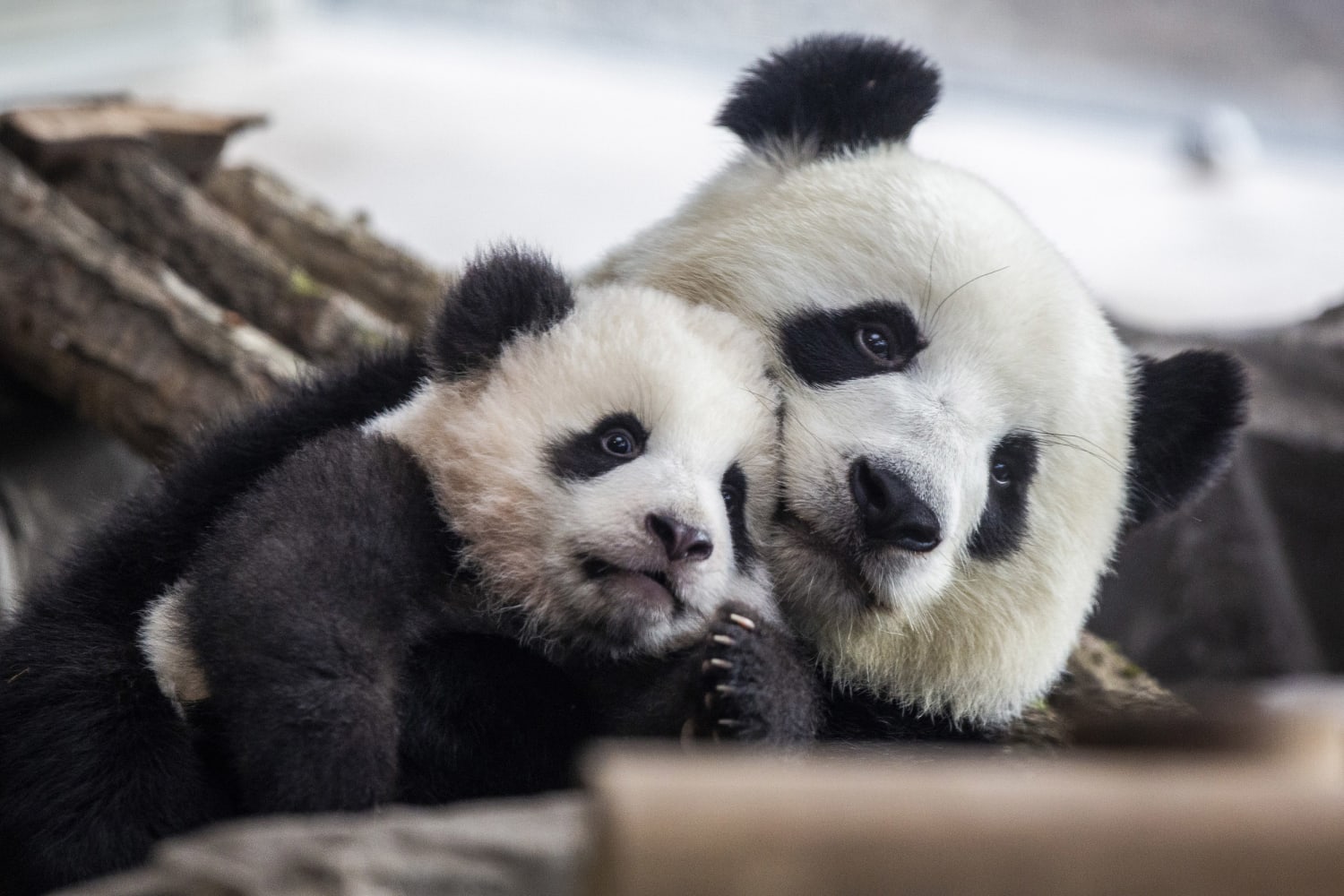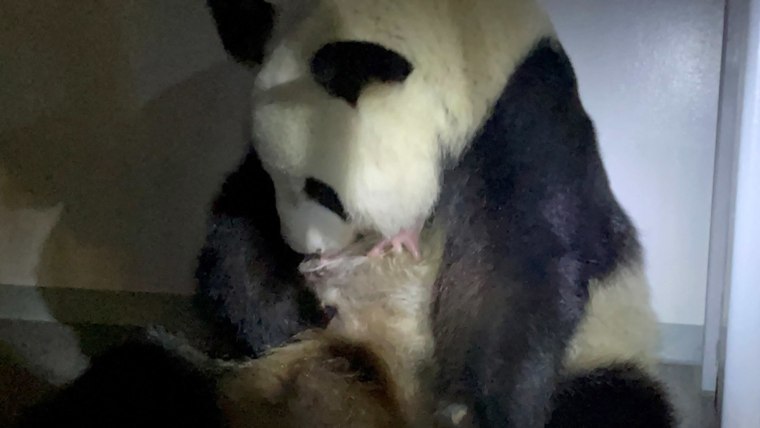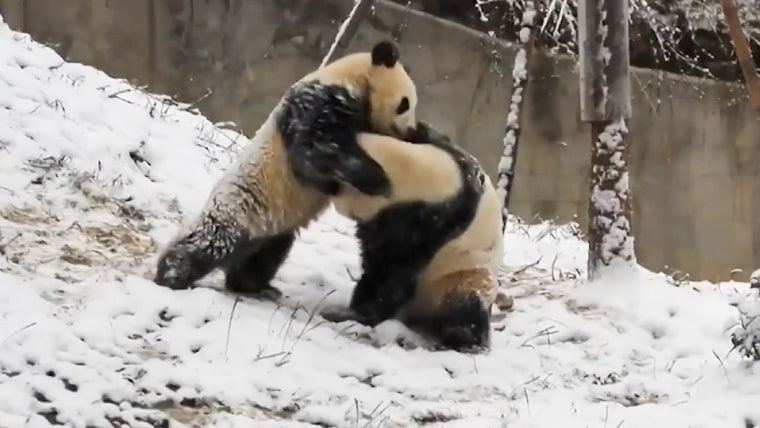HONG KONG — Giant pandas are no longer an endangered species, Chinese officials have announced, in a massive win for conservation efforts in the country.
The number of giant pandas living in the wild has reached more than 1,800, meaning the species has been reclassified as “vulnerable,” Chinese officials said earlier this week.
The new classification comes after Beijing “carried out some major activities and measures to protect biodiversity and achieved remarkable results,” said Cui Shuhong, head of the Ministry of Ecology and Environment, at a press conference Wednesday.
It is notoriously difficult to get pandas to breed both in captivity and in the wild.
He also credited tightened law enforcement supervision and a major crackdown on illegal activities on nature reserves.
Experts say China managed to preserve the animals, considered a national symbol, by taking measures that allow humans and pandas to coexist.
Becky Shu Chen, technical advisor at the Zoological Society of London, pointed out in a phone interview that most of the nature reserves are so huge that there are still populated human villages inside them.
She credited the Chinese government with teaching villagers agricultural activities that did not destroy the panda’s natural habitat, such as in Changchun, the home of a panda zoo, where locals sold “panda honey.”
The villagers “protected the home of pandas, which is one of the reasons that they are now downgraded to ‘vulnerable,’” said Chen.
In China, the giant panda has long been considered a national treasure and has been a protected species since the implementation of the wildlife conservation law in 1958.
Beijing has also engaged in “panda diplomacy” for decades, lending the cuddly-looking creatures to zoos around the world from the U.S. to Russia as gestures of friendship.
Download the NBC News app for breaking news and politics
This isn’t the first time the species has been reclassified. In 2016 the International Union for Conservation of Nature (IUCN) reclassified the animals from “endangered” to “vulnerable” on the global list of species at risk of extinction.
Chinese officials bristled at the move at the time, maintaining that the animals were still under threat and the conservation efforts were not at a point where they could be relaxed yet.
Chinese social media users were pleased with this week’s news, saying it was not only proof that conservation efforts had paid off, but also an indication of the economic success of China.
“With our country getting wealthier, we have money to put on environmental and animal protection, just like what the Western countries did,” wrote one person on Weibo, China’s most popular social media platform.
Source: | This article originally belongs to Nbcnews.com












